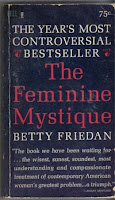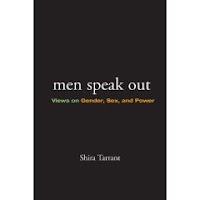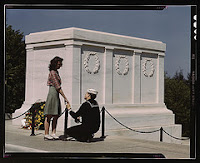 I’m crushing on Nicholas Kristof this morning. Just read his NYTimes oped, “When Women Lead,” in which he notes that “modern democracies may empower deep prejudices and thus constrain female leaders in ways that ancient monarchies did not.” He cites all sorts of great research and shares his “pet” theory about why a queen might have had an easier time that a democratically-elected woman president:
I’m crushing on Nicholas Kristof this morning. Just read his NYTimes oped, “When Women Lead,” in which he notes that “modern democracies may empower deep prejudices and thus constrain female leaders in ways that ancient monarchies did not.” He cites all sorts of great research and shares his “pet” theory about why a queen might have had an easier time that a democratically-elected woman president:
In monarchies, women who rose to the top dealt mostly with a narrow elite, so they could prove themselves and get on with governing. But in democracies in the television age, female leaders also have to navigate public prejudices — and these make democratic politics far more challenging for a woman than for a man….Women have often quipped that they have to be twice as good as men to get anywhere — but that, fortunately, is not difficult. In fact, it appears that it may be difficult after all. Modern democracies may empower deep prejudices and thus constrain female leaders in ways that ancient monarchies did not.
A sidenote: Last week women leaders released statements praising the “historic, inspirational candidacy” of Hillary Clinton.
But back at the NYTimes, let me also point you to Peggy Orenstein on The Daring Book for Girls in “Girls Will Be Girls” and my friend Annie Murphy Paul on “The First Ache,” in case you haven’t yet read…And happy weekend!









